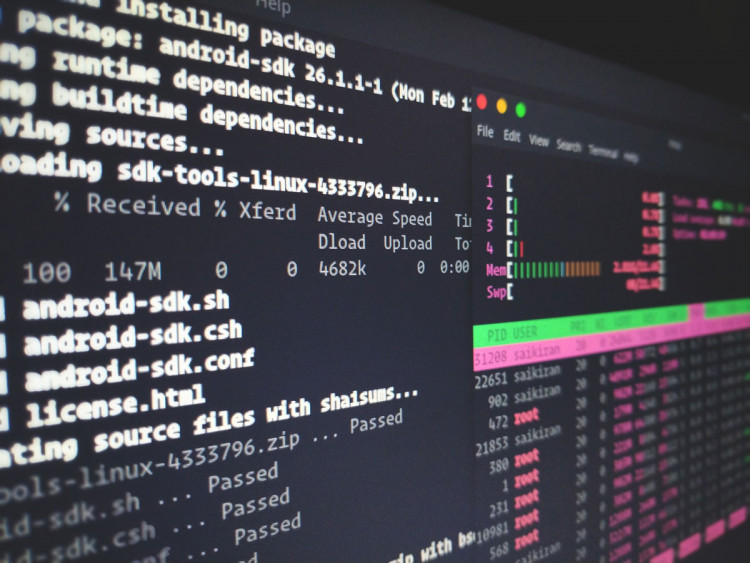Using Linux Systems on the new Apple Silicon M1 Macs is now possible, though you just have to prepare yourself for some downsides.
Good news for Linux fans as they can now use Linux systems on Apple's new Silicon M1 Macs. There are some downsides to having this setup though and if you plan to use Linux on your M1 machine, you need to prepare yourself for some glitches along the way.
Corellium security experts found this out when they tried to port a version of Linux to an advanced version of Apple's Silicon M1 Mac that sources say is set for release under an open-source license. The experts found some downsides to using Linux systems on an Apple machine though, and issued a caveat for those who wanted to try the setup. The question is, are you willing to take the risk?
System Is Now Fully Functional
A report published on the Apple Insider, an online tech news outlet that focuses on Apple news, Corellium security experts used an Ubuntu desktop operating system to perform the test. According to Corellium's chief officer, Chris Wade, the software used boots from a USB. He said they found the Linux system is now fully usable on Apple's Silicon M1 Mac, although there are some downsides.
In a previous report by Toms Hardware, Linux systems create some negative effects on Apple's new Silicon M1 Mac laptops. One of these is when users use Linux on the M1 Mac, certain connection standards on the laptop are not supported. This is one of the downsides reported by Corellium security experts when they ran a Linux system on Apple's newest machine.
Well that was fast. Curious what "fully usable" means in terms of daily driver usage.https://t.co/vLoI3nI22s — Greg Frazier (@gnfrazier) January 21, 2021
Expected On New Chips
Another of the many downsides in using Linux system on an Apple M1 Mac is it will not be able to take advantage of the M1 chip's graphics support. While the Linux system is fully usable on the machine, disregarding the M1 graphics support will severely affect the performance of the laptop. Many say that although they are excited to use the new technology, a Linux version that will take advantage of the many features of the M1 machine is still very far away since its architecture is based on Intel-powered laptops.
Nevertheless, experts opine that such downsides are normal for these types of setup, particularly when using new chips such as Apple's Silicon M1. Corellium experts added that even Apple M1 Macs that run Windows also face similar issues. The important thing is that they found the Linux system is now fully usable on an Apple M1 Mac. Chris Wade announced their discovery on Twitter. "Linux is now completely usable on the Mac mini M1. Booting from USB a full Ubuntu desktop (rpi). Network works via a USB c dongle. Update includes support for USB, I2C, DART," Wade stated.






